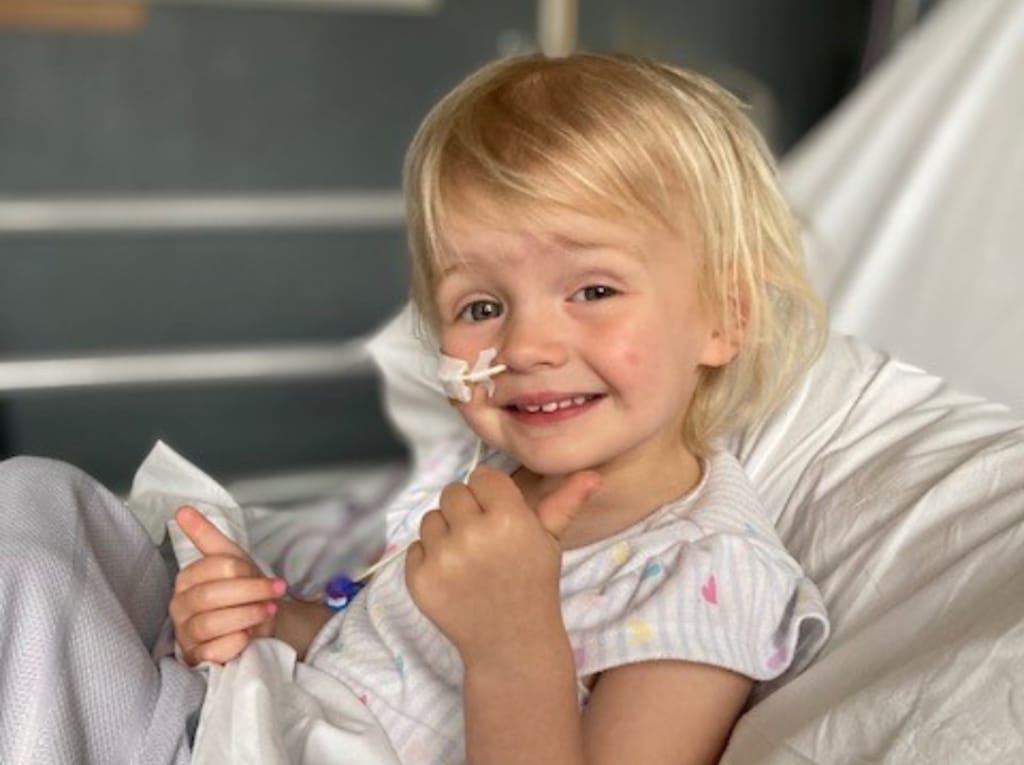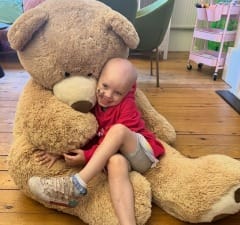When a child is diagnosed with cancer, life turns upside down. It’s a time of shock, confusion and overwhelming emotion and while friends and loved ones want to help, it’s not always clear how. Small, thoughtful gestures can mean a lot. Here are some simple ways to support families through the journey. Sometimes parents might want to cry, vent or share every detail. Other times, they might not want to talk about it at all. Let them take the lead – just listening, without judgement or pressure, can offer huge relief. General offers like “Let me know if I can help” can feel overwhelming. Instead, offer something concrete that takes a task off their plate. This could be… school runs or activity drop-offs for siblings, cooking and freezing a few meals, walking the dog, offering lifts to/from hospital appointments Long hospital stays and emotional exhaustion can be isolating. In the early days, support often floods in – but over time, it can fade. Treatment can last months or even years. Families remember who showed up after the initial crisis. Keep showing up with small gestures that remind them they’re not alone. Families going through cancer treatment don’t just want sympathy – they often crave a sense of normal life. Invite your friend for a walk, bring them a coffee, or ask how their favourite football team is doing. These little moments of normality can be a huge emotional lift. Siblings of children with cancer often feel confused, left out, or worried. Offer to take them out for a fun afternoon, listen if they need to talk, and include them in normal activities when you can. Mark the good days, and the tough ones too. A message on treatment anniversaries, scan days, or even “we’re thinking of you this week” can be so appreciated. When someone we care about is going through something hard, it’s natural to want to connect by sharing other cancer experiences we’ve known. But childhood cancer is very different from adult cancer, and those comparisons – even if well-intentioned – can sometimes be painful for families to hear. Phrases like “I know exactly how you feel” can make it harder for parents to open up. Show you care by inviting them to share and really listening. It’s the consistent, thoughtful acts that matter. Whether it’s a warm meal, a message, or helping with the day-to-day, showing up in small ways helps families feel less alone in the journey. Have a look at all of the ways Candlelighters can provide support for families here



